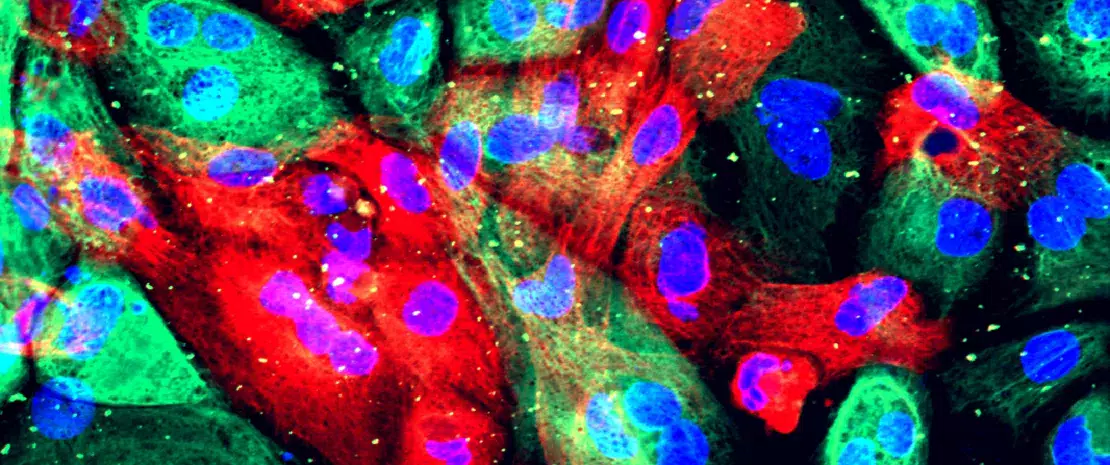A new, unanticipated marker for predicting the clinical course of prostate cancer: gut microbiota
According to a new study published in Cancer Science, the composition of the intestinal microbiota could be used as a marker of increased risk of prostate cancer.
Lay public section
Find here your dedicated section
Sources
This article is based on scientific information

About this article
Having demonstrated that intestinal bacteria and their metabolites (short chain fatty acids, SCFA) promote the growth of cancer cells in mouse models of prostate cancer, the researchers in this new study wished to further explore the link between intestinal microbiota (IM) and the prognosis for prostate cancer in men. Their findings are surprising, to say the least.
A “discovery” cohort and a “test” cohort
The study included 152 Japanese men who had undergone a prostate biopsy (96 positive and 56 negative). The men were randomised to two cohorts: “discovery” (114 patients) and “test” (38 patients). Two comparison groups were defined in each cohort: a high grade group (men with grade 2 prostate cancer or above) and a negative/grade 1 group (men with a negative biopsy or grade 1 prostate cancer). Samples were taken during rectal examination prior to administration of prophylactic antibiotics and prostate biopsy. ARNr 16S gene sequencing was used to determine the composition of the gut microbiota.
A greater abundance of specific bacteria indicates a high grade
While there no significant difference was observed in bacterial diversity between the patient groups, three bacterial taxa, Rikenellaceae, Alistipes and Lachnospira, were present in greater numbers in patients with a high grade prostate cancer. There was no link between the presence of such bacteria and patients’ metastatic status. Microbial data were also used to predict the functional profiles of patients’ microbiota: (sidenote: Starch and sucrose metabolism, phenylpropanoid biosynthesis, phenylalanine, tyrosine and tryptophan biosynthesis, cyanoamino acid metabolism and histidine metabolism ) were more prevalent in patients with high grade prostate cancer.
A faecal indicator for the prostate
The researchers then investigated whether microbial profiles could be used to identify high-risk PCa patients in the test cohort. It was not possible to use the three bacteria identified above on their own to discern the men with a high grade prostate cancer. The LASSO regression model was employed to identify a further 18 operational taxonomic units. These bacterial groups were highly correlated (positively or negatively) with high-risk PCa in the discovery cohort and were used to create a Fecal Microbiome Prostate Index (FMPI). In the test cohort, not only was the FMPI significantly higher in patients with high-grade PCa (P < 0.001), but it also detected these patients with greater accuracy than conventional serum prostate-specific antigen (PSA) assay.
While these results are highly encouraging, the study cohort only included Japanese men living in an urban area and with similar lifestyles. The scope of the research will need to be widened to additional populations to corroborate these initial findings.






